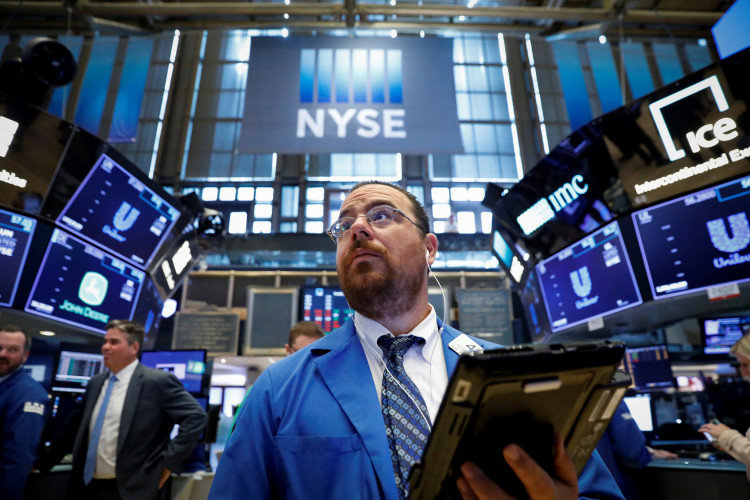Congressional Budget Office (CBO) of the United States projected on Monday that the U.S. economy will rise in 2018 but will decline in 2019. The decline in economic growth is projected to be slower than the 3 percent targeted fiscal stimulus fade of the Trump administration.
The nonpartisan office projected the gross domestic product (GDP) will increase by 3.1 percent this year and it will exceed the 2.2 percent growth in 2017 as an effect of lower income taxes, increased government spending, and private business ventures.
The government collected a $1.5 trillion package in corporate and personal income taxes and a US$1.3 trillion spending bill was passed in the US Congress in March, and the accelerated soybean exports lifted the economy to its highest in nearly four years of up to 4.1 percent annual rate in the second quarter compared to the 2.2 percent movement in the January to March period.
The CBO's prediction stated that US economy will decrease in the second half because consumer spending and agricultural exports are unstable. The CBO director Keith Hall stated that in 2019, the country's GDP growth is at a decline of up to 2.4 percent in their prediction due to the slow growth in business investment and government purchases.
The Trump administration claimed that, through strong economic growth, the tax cuts that increased the nation's debt will be covered. They also added that they will reach their 3.0 percent long-term growth target which is argued by some economic experts.
The CBO warns that trade tensions could worsen the GDP growth of the country in an unanticipated way. The trade war could increase the tariffs on products of each county. The U.S. government aside from China has traded tariffs on some products from the European Union, Canada, and Mexico.
Hall said that when CBO forecast in early July, their estimate implied that the macroeconomic consequences of the tariffs that had been applied at that time would be minor. The agency, during that time, the goods affected by the tariffs were around 1.5 percent of the overall U.S. trade.
The trade policy has is continuously evolving within a range of time frame and it causes uncertainty in policies of business ventures. The trade policy of the Trump administration started to get stirred since July and may evolve continuously followed by substantial effects stronger the current projection of the CBO on the U.S. economy.
The forecast of CBO predicted that the economy will be 1.7 percent from 2023 to 2028.






